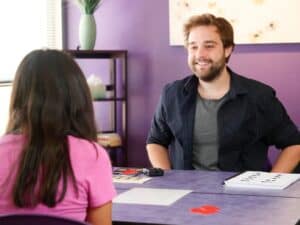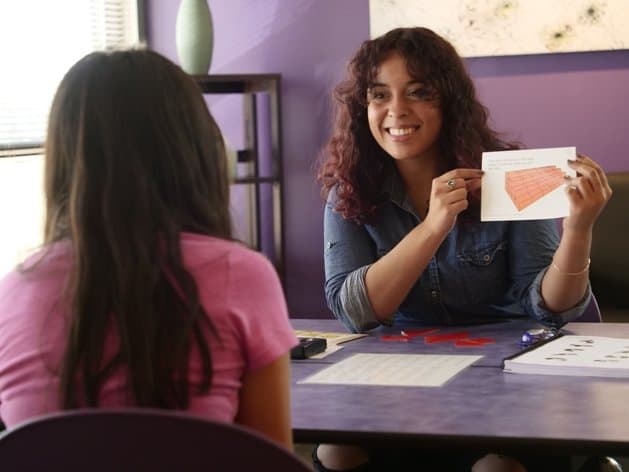Today is International Day of Persons with Disabilities – Advocating for your student’s success
In 1992, the United National General Assembly proclaimed December 3 to be International Day of Persons with Disabilities. The annual observance:
• promotes the rights and well-being of persons with disabilities of all spheres of society and development
and
• aims to increase awareness of the situation of persons with disabilities in every aspect of political, social, economic, and cultural life.
It’s important to note that “disabilities” aren’t limited to visible limitations. They could include vision impairment, intellectual disabilities, deafness or hearing impairments, acquired brain injuries, mental health conditions, or autism spectrum disorder, among others.
Regardless of the type of disability, parents want their children to succeed in school and we’ve got some tips on how to be an advocate for your student:
1. Model an enthusiasm for learning.
Discuss the natural progression of learning with your child, and give examples from your own life. For example, if you play the piano, talk about how it took time to build the skills through practice. Nurture creativity by reading books together, going for walks in nature and playing games that boost cognitive skills.
2. Get to know the professionals at your child’s school.
Beyond their teachers, get to know the front office personnel, art teacher, special ed teachers, school nurse, or others with whom your student may come into regular contact.
3. Talk about feelings.
Don’t just hear—but rather actually listen—to your child’s concerns about school. Brushing off anxiety, stressors, or limitations does little to empower your child to be able to address issues or speak up about them.
4. Write a letter to your child’s team (or teachers).
There’s no need for a 5-page history but take some time to highlight essential points that may help them better understand your child’s strengths, weaknesses, and behaviors.
5. Consider personal brain training.
LearningRx has helped more than 100,000 clients (young and old!) boost their cognitive skills to make learning faster and easier. Additionally, one of the most frequent comments we hear is that one-on-one brain training helped boost the graduates confidence!













